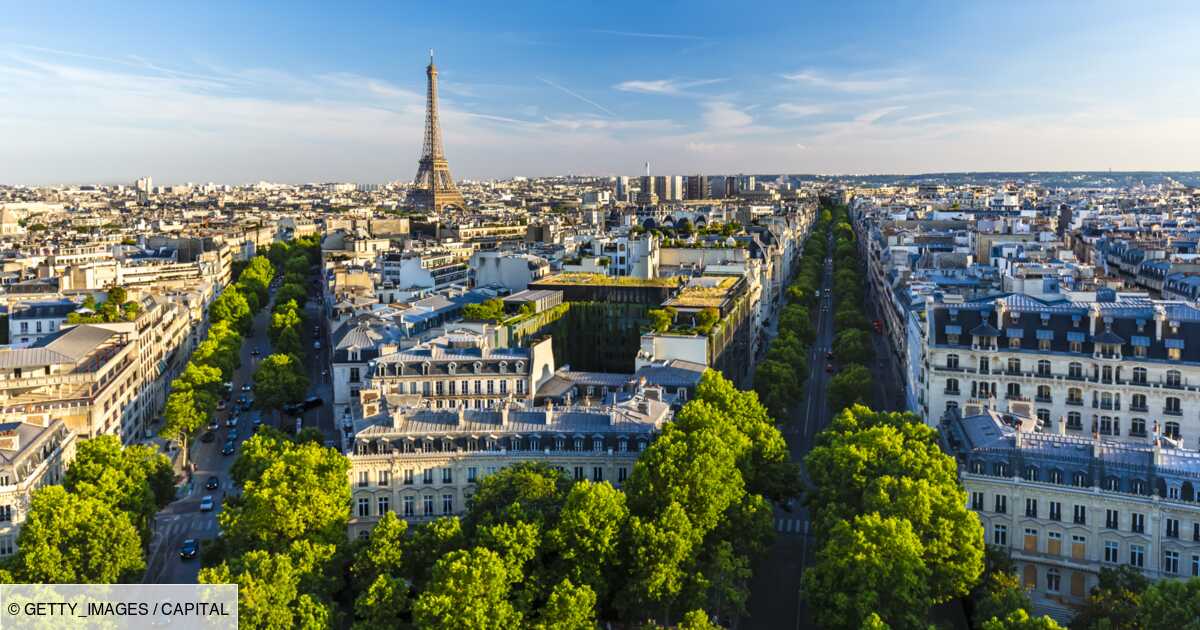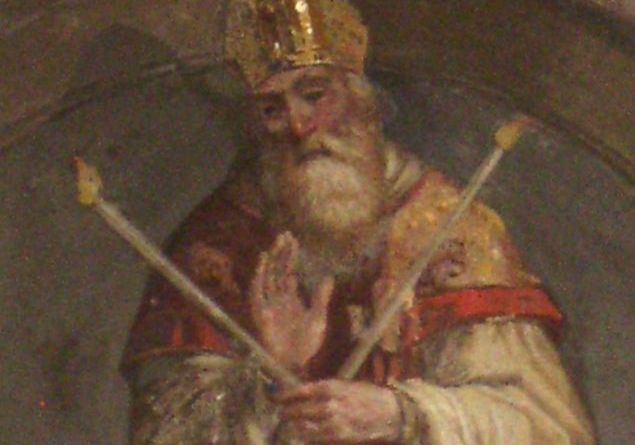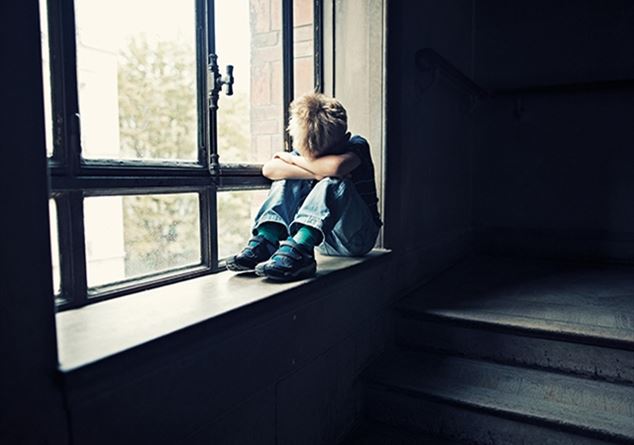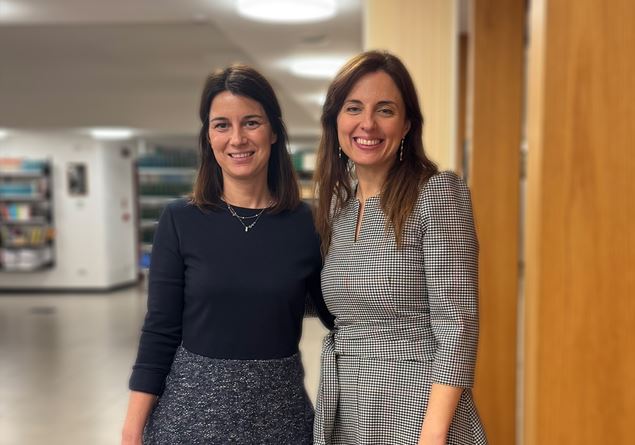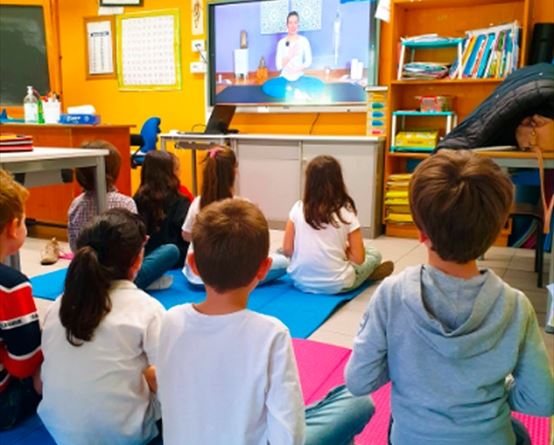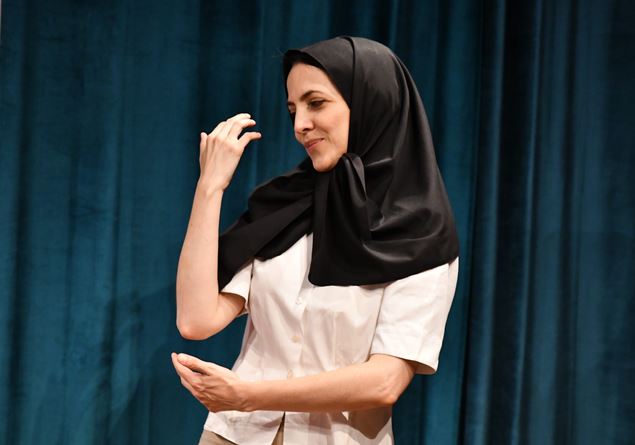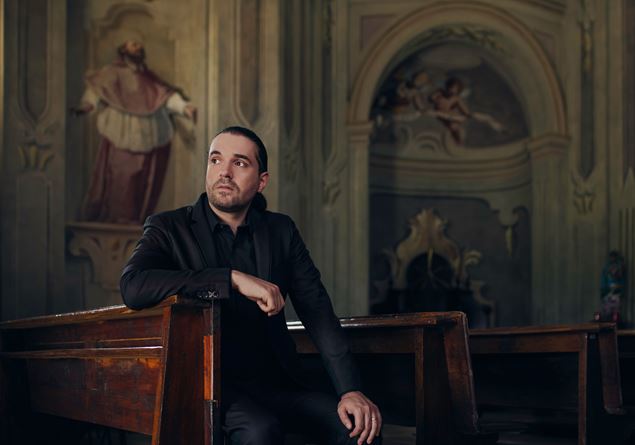
Carlo Vistoli, countertenor, is one of the most sought-after Italian opera singers in the world. Winner of the 2024 “Abbiati” Prize (the highest recognition by music critics), he is the protégé of Cecilia Bartoli, the most admired specialist of the baroque genre. At La Scala in Milan he achieved a real triumph in the role of Alidoro ofOrontea by Antonio Cesti, although Vistoli loves performing contemporary opera.
How can the countertenor be defined?
«A singer with a male voice, who however uses a specific technique to emit higher-pitched sounds».
In his case we are talking about a contralto player…
«Yes, because the notes that I produce are the same as those of a female contralto or mezzo-soprano».
But she is the classic anti-star, so many passions, curiosity, so much attention to acting…
«Of course, at the time the castrati were true stars and played roles of heroes and leaders, seducing the public with their virtuosity. But they also had an enormous importance in sacred music, in church singing, because in Rome, for example, women were not allowed to sing. Countertenors in modern times have taken on their parts, but they should not be confused with the castrati, whose highest singing occurred precisely after the castration process, which fortunately disappeared”.
How did your career begin?
«Since I was a child I have loved music as a listener, even though I didn’t come from a family of musicians: my father however had a few records at home. Then after that I started studying classical guitar and piano. Only as a teenager did I develop a strong curiosity and passion for opera and baroque opera in particular.”
Your favorite authors?
«Let’s say that Handel and Monteverdi seduced me, and they remain among my favorite authors and among the authors that I sing even more often».
Why is Monteverdi one of the greatest artists in the history of our country?
«Because it brought vocal music towards modernity. And the librettos he set to music are the best examples of 17th century poetry.”
And what fascinates you about the 18th century repertoire?
«Compared to music from other periods there is an even more evident degree of personalization on the part of the singer».
How come?
«The arias have recaps that I personalize with variations that the public does not expect».
You have a great passion for acting, and have worked with great directors such as Robert Carsen and Damiano Michieletto who will stage the opera version of the opera at La Scala in 2025. Name of the rosewritten by Francesco Filidei. They are directors who are often accused of updating the subjects of their works.
«We have evidence that already in the 17th and 18th centuries, everything was revisited according to the customs of the time and this is what often happens even today».
Harmonia mundi has published “Sacro furore” dedicated to the sacred Vivaldi, recorded with the Akademie für Alte Musik Berlin. She interprets famous pages like him Stabat Mater and the evening psalm Nisi Dominuscompared to the almost operatic style motet In furore iustissimæ iræ. What meaning do these pages have for you?
«First of all, they are true masterpieces among Vivaldi’s production: Furore is the first time it has been recorded in contralto version, while in the Nisi Dominus and in Stabat Mater I took into account my theatrical experience, enhancing the dramatic aspect of the situation, the power of those words.”
An example?
«The episode of Hey Mater it is made up of very few elements and the violins sometimes remind me of the heartbeat, sometimes of the hammer that pushes the nails of the cross. I sang with the scene in my eyes. On this accompaniment the words and the song are transfigured, representing the traumatic nature of the moment. And they remind us of the vanity of men’s works if they are not supported by divine intervention.”
Other moments?
«Cum dederit speaks of the sleep of the just, in short the sleep of God’s beloved».
How would you define it Stabat Mater?
«A great visual representation, spiritual and dramatic at the same time».
You are very attached to Lugo and Romagna, your homeland: outside of music, what are your passions?
«Many, I really love the director’s work for example. I like reading novels, essays. And I would say that cinema was part of my education even before theatre.”
And his secret dream?
«Photography. Now I enjoy it with my smartphone, but the universe of images is also something that has always attracted me.”



